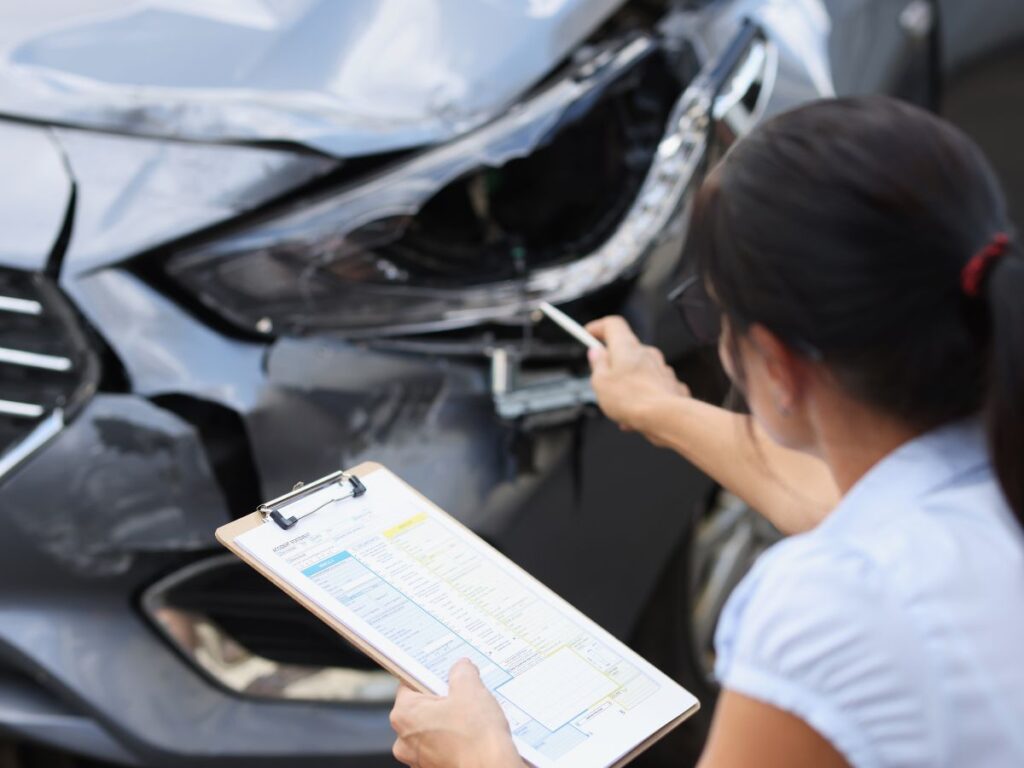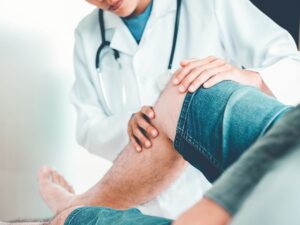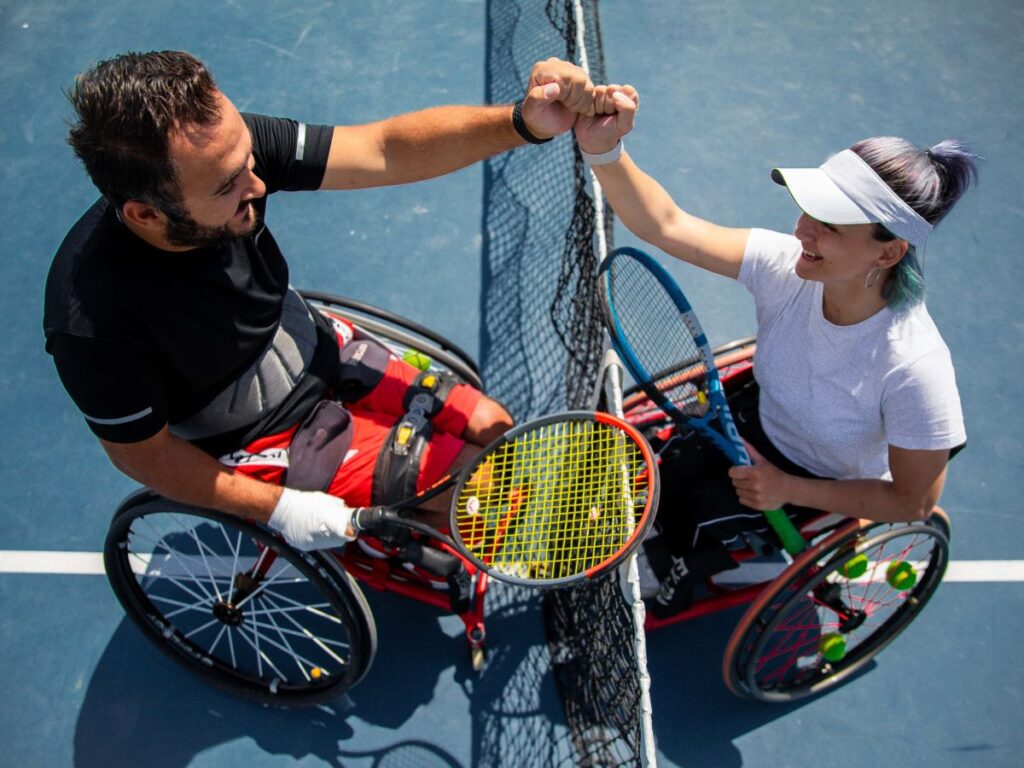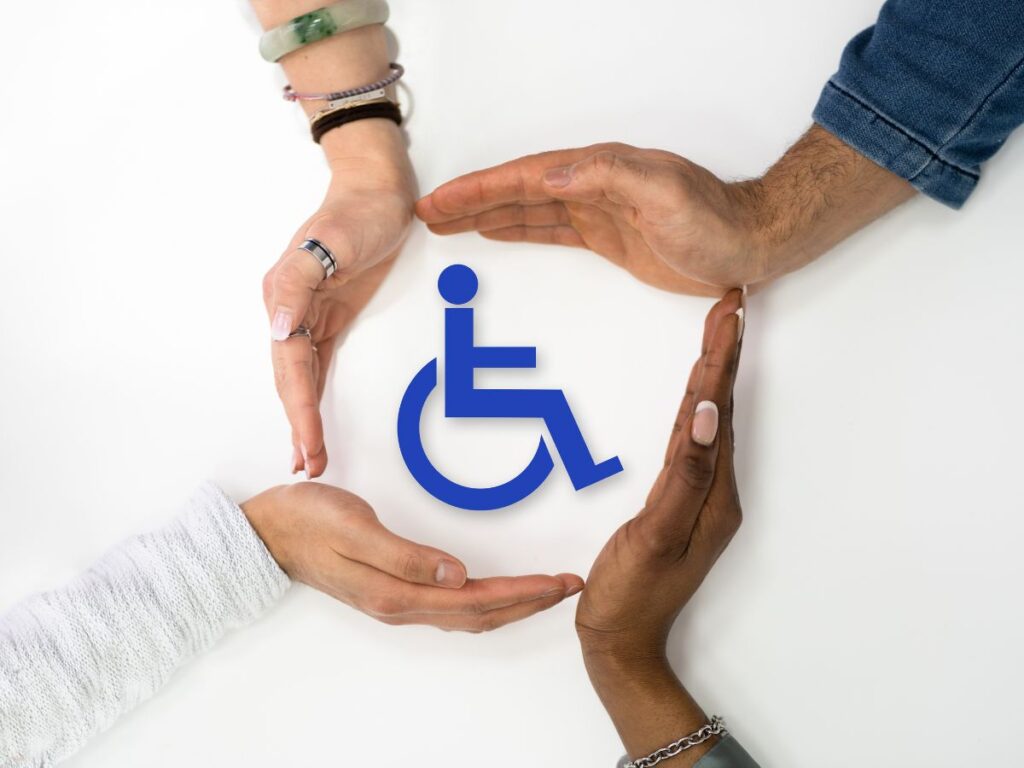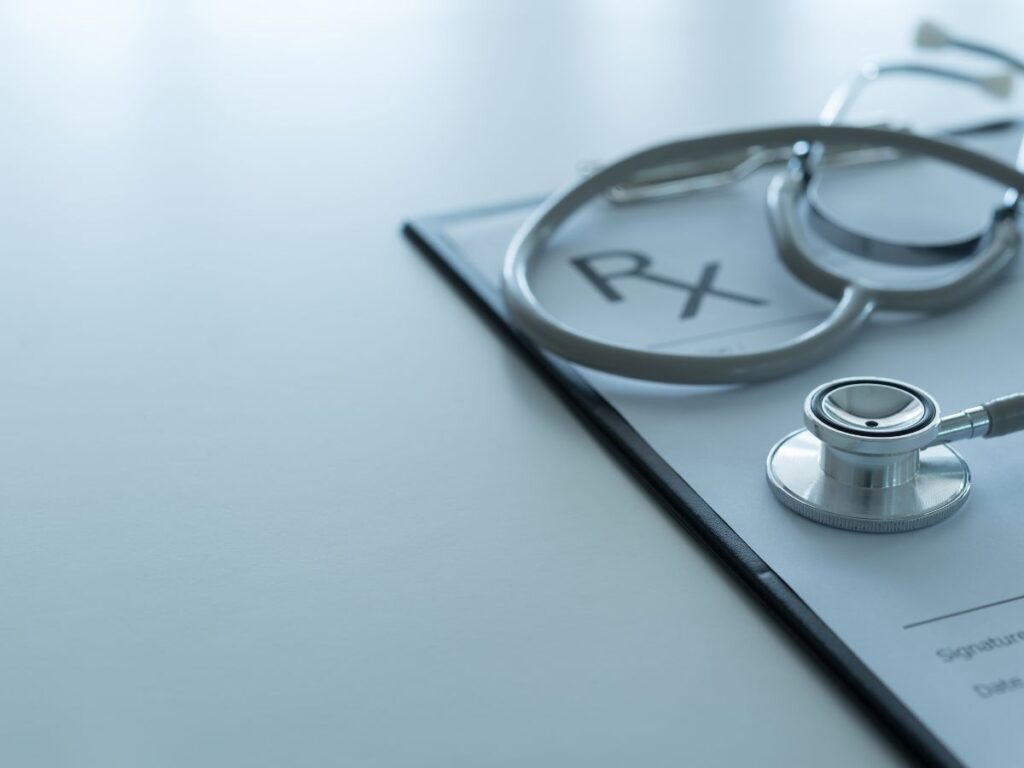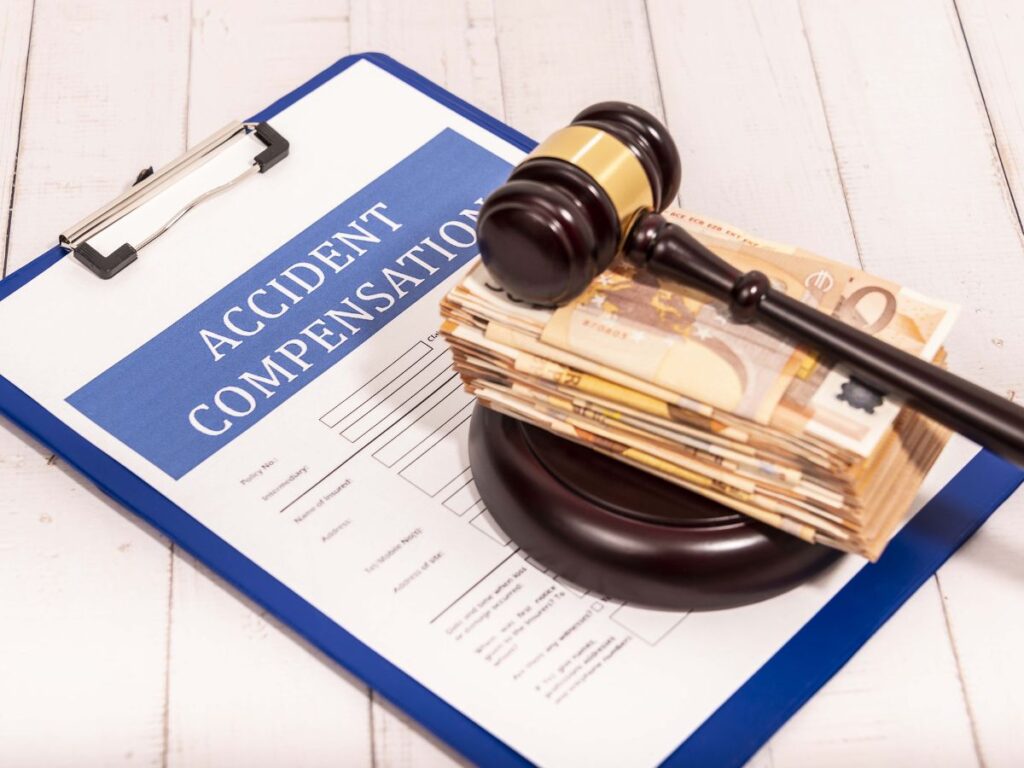Accidents—whether from car collisions, falls, or high-impact sports—can cause injuries that aren’t always visible. Among the most serious are internal organ damages, which can be life-threatening if not identified and treated promptly. At Dr. Elham’s clinic, we specialize in diagnosing and treating internal injuries from car accidents and other trauma-related incidents.
What Is Internal Organ Damage?
Internal organ damage refers to injury sustained by vital organs within the body such as the liver, spleen, kidneys, lungs, and intestines. These injuries often result from blunt force trauma or penetrating wounds and may not be immediately apparent after an accident.
Common Causes of Internal Injuries
- Motor Vehicle Accidents: High-speed collisions can compress or puncture internal organs.
- Falls: Falling from a height or onto a hard surface can lead to ruptured organs or internal bleeding.
- Sports Injuries: Contact sports like football or martial arts pose risks of abdominal impact.
- Assault or Blunt Object Trauma: Being struck with a blunt object can injure organs without breaking the skin.
Recognizing Symptoms of Internal Organ Damage
Unlike broken bones or visible wounds, internal damage is hidden. However, there are several warning signs:
- Organ rupture symptoms such as sharp abdominal pain, dizziness, and rapid heart rate
- Unexplained swelling or bruising, particularly on the abdomen or chest
- Shortness of breath, nausea, vomiting, or low blood pressure
- Loss of consciousness or confusion
Early recognition is crucial. If any of these symptoms follow an accident, seek emergency care for internal bleeding immediately.
Types of Internal Organ Injuries
Liver and Spleen Injuries
The liver and spleen are among the most commonly damaged organs in high-impact accidents. Injuries can range from small tears to complete ruptures, leading to severe internal bleeding.
Kidney Damage
The kidneys can be bruised or torn due to impact. Symptoms often include blood in the urine and flank pain. Prompt imaging and monitoring are essential to avoid long-term damage.
Lung Contusions and Pneumothorax
Chest trauma can bruise lung tissue or cause a collapsed lung. Patients may experience difficulty breathing or chest pain. Oxygen therapy or surgery may be necessary depending on the severity.
Intestinal and Abdominal Injuries
Ruptures or tears in the intestines can lead to peritonitis, a dangerous infection. These injuries are harder to diagnose and often require CT scans and exploratory surgery.
Diagnosing Internal Injuries
Diagnosis typically begins with a physical examination followed by imaging studies:
- Ultrasound: Used to quickly assess internal bleeding (FAST exam)
- CT Scan: Provides detailed images of organ damage
- X-rays and MRI: Evaluate structural changes and soft tissue damage
Blood tests may also indicate internal bleeding or organ dysfunction.
Emergency Care and Treatment Options
Time is critical. Once an internal injury is confirmed, treatment options may include:
- IV fluids and blood transfusions to manage blood loss
- Surgery to repair ruptured organs or stop internal bleeding
- Monitoring and observation in mild cases where healing is possible without surgery
At Dr. Elham’s clinic, we offer comprehensive emergency care and collaborate with trauma surgeons when surgery is needed.
Recovery and Long-Term Outcomes
Healing from internal injuries requires close monitoring and lifestyle adjustments. Depending on the extent of damage, full recovery can take weeks to months. Follow-up care focuses on:
- Ensuring organ function returns to normal
- Preventing infection or complications
- Physical rehabilitation if muscles or mobility were affected
We help patients transition smoothly from emergency care to rehabilitation for optimal healing.
Why Choose Dr. Elham for Internal Injury Care?
Dr. Elham has extensive experience in treating trauma patients and offers a patient-centered approach to recovery. Our clinic provides:
- Rapid diagnostic services
- Customized treatment plans
- Coordinated care with specialists
- Supportive follow-up visits
If you suspect internal injury after an accident, don’t wait. Learn more about our internal injury services and get expert care when it matters most.
FAQs About Internal Organ Injuries
Can internal injuries heal without surgery?
Yes, some minor injuries such as bruised kidneys or small liver lacerations can heal with rest and observation. However, larger or bleeding injuries usually require surgery.
What happens if internal bleeding is not treated?
Untreated internal bleeding can lead to shock, organ failure, or death. Symptoms can worsen rapidly, making immediate evaluation essential.
Are all internal injuries detectable right after the accident?
Not always. Some symptoms may take hours or even days to appear, which is why ongoing observation is critical after serious trauma.
Contact Us
If you or a loved one has experienced an accident and you’re concerned about possible internal injuries, contact Dr. Elham’s clinic today. Our compassionate team is here to help you recover safely and fully.

